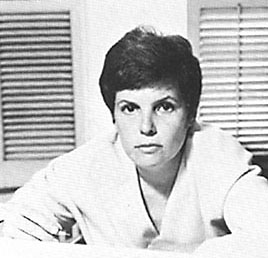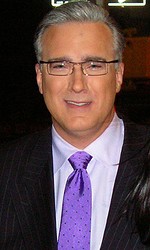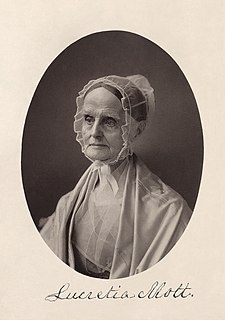A Quote by Cynthia Ozick
When I say that George Eliot has long been my hero, I mean to include those aspects of her thought and temperament that have been disparaged or dismissed or ignored. She was, after all, a novelist who did not eschew politics or polemics - sometimes silently though defiantly, as in her relationship with George Henry Lewes.
Related Quotes
She didn't give George any too easy a time when she was alive. She was one of those semi-invalids – I believe she had really something wrong with her, but whatever it was she played it for all it was worth. She was capricious, exacting, unreasonable. She complained from morning to night. George was expected to wait on her, hand and foot and everything he did was always wrong and he got cursed for it. Most men, I'm fully convinced, would have hit her with a hatchet long ago.
She didn't care anymore... and she got no pleasure from the work she did, but she did it. Everything bored her. She found that when she didn't have a notebook it was hard for her to think. The thoughts came slowly, as though they had to squeeze through a tiny door to get to her, whereas when she wrote, they flowed out faster than she could put them down. She sat very stupidly with a blank mind until finall 'I feel different' came slowly to her mind. Yes, she thought, after a long pause. And then, after more time, 'Mean, I feel mean.
George Jones has been a major part of my personal and professional life for a long time. I have been inspired by his music for the last 50 years and for 42 of those, I had the pleasure of knowing him personally and professionally. He was IT to me. George was and will always be my guy. I am luckier than a lot of people on this Earth because God let me be a part of George's life and him a part of mine. And on this day, his song couldn't be more true: 'He Stopped Loving Her Today.'
And if Sarah Palin whose Web site put and today scrubbed bull's-eyes targets on 20 Representatives, including Gabby Giffords, does not repudiate her own part - however tangential - in amplifying violence and violent imagery in American politics, she must be dismissed from politics. She must be repudiated by the members of her own party. And if they fail to do so, each one of them must be judged to have silently defended this tactic that today proved so awfully foretelling. And they must in turn be dismissed by the responsible members of their own party.
He always apologized, and sometimes he would even cry because of the bruises he'd made on her arms or legs or her back. He would say that he hated what he'd done, but in the next breath tell her she'd deserved it. That if she'd been more careful, it wouldn't have happened. That if she'd been paying attention or hadn't been so stupid, he wouldn't have lost his temper.
"She (Minnie Ruth Solomon) was unusual because even though I knew her family was as poor as ours, nothing she said or did seemed touched by that. Or by prejudice. Or by anything the world said or did. It was as if she had something inside her that somehow made all that not count. I fell in love with her some the first time we ever talked, and a little bit more every time after that until I thought I couldn't love her more than I did. And when I felt that way, I asked her to marry me . . . and she said she would."
It's just a great, legendary comic book hero and it's one that has never been kind of been brought back to life after Lynda Carter. I mean, it's a reinvention. When Tim Burton reinvented Batman after Adam West, and when Donner reinvented Superman after George Reeves, it's time to do that with Wonder Woman.
Great literature has always been written in a like spirit, and is, indeed, the Forgiveness of Sin, and when we find it becoming the Accusation of Sin, as in George Eliot, who plucks her Tito in pieces with as much assurance as if he had been clockwork, literature has begun to change into something else.
I have known her longer, my smile said. True, you have been inside the circle of her arms, tasted her mouth, felt the warmth of her, and that is something I have never had. But there is a part of her that is only for me. You cannot touch it, no matter how hard you might try. And after she has left you I will still be here, making her laugh. My light shining in her. I will still be here long after she has forgotten your name.
But you know, where did the Brontes go to college? Where did George Eliot go to college? Where did Thomas Paine or Thomas Jefferson or George Washington go? Did George Washington go to college? This idea which we now have that people ought to have these credentials is really ridiculous. Where did Homer go to college?






































